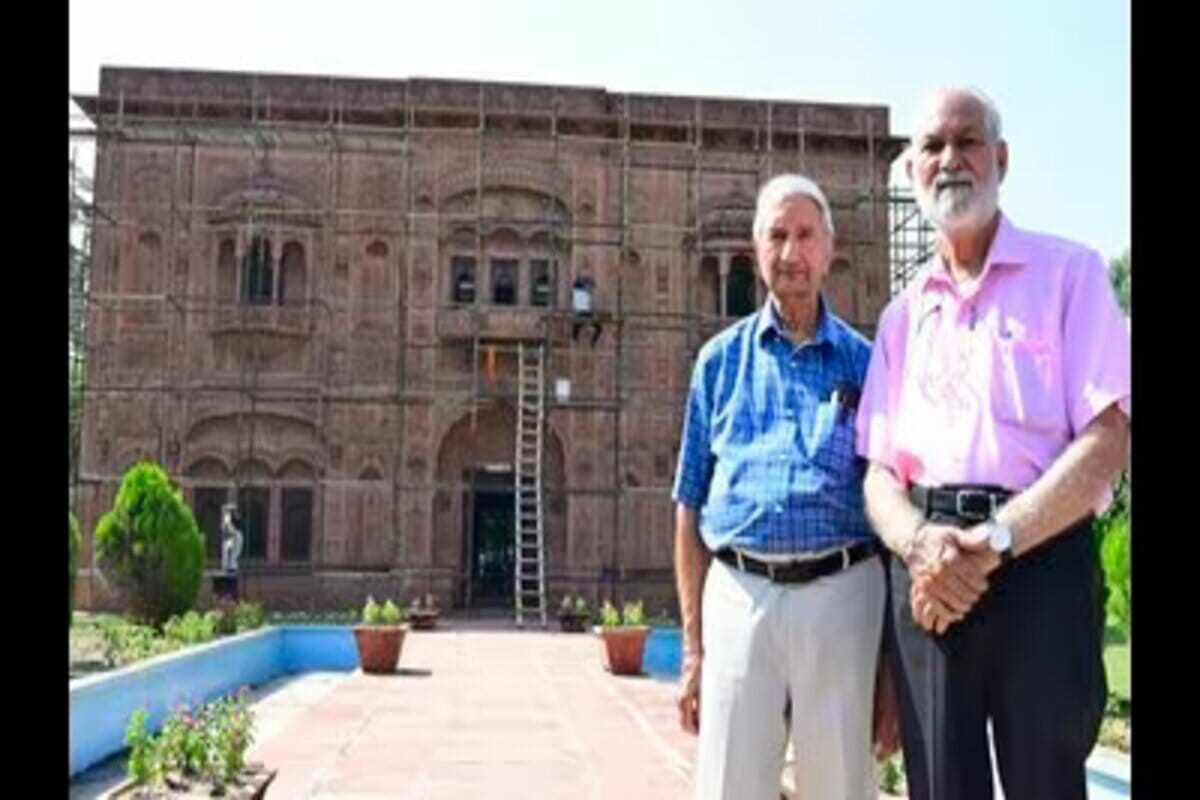Punjab News: Punjab Agricultural University (PAU) is set to display Punjab’s rich cultural heritage at the 20th Congress of International Agricultural Museums, which will be held from October 16-18. The university, renowned for its contributions to agriculture and rural life, houses a collection of ten unique museums, each offering insights into Punjab’s rich heritage and history.
Museum provides visitors with a journey through over 50 years of heritage
The Museum of Social History and Rural Life of Punjab, built half a century ago, is undergoing a significant renovation ahead of the Congress. It boasts a treasure trove of ancient artifacts, including agricultural tools, bronze utensils, traditional instruments, decorations, saddles, harnesses, and even Harappan coins. The museum provides visitors with a journey through over 50 years of heritage, immersing them in the practices and lifestyles of yesteryears.
For those interested in the history of agriculture in Punjab, the Green Revolution Museum offers a deep dive into the pre-Green Revolution era. It explores the geographical landscape and agro-climatic zones of Punjab, traditional irrigation methods, ploughing techniques, implements, transportation systems, and marketing practices. It also delves into the food crisis and the transformation that led to the “Green Revolution.”
The Dr. H L Uppal Museum of Land, Water, and Power Resources presents a picture of the physiographical wonders of northwestern India, revealing the region’s abundant land and water resources.
The Soils Museum takes center stage
The Soils Museum takes center stage, unveiling soil maps, monoliths of Punjab’s soil profiles, rocks, minerals, and atomic structure models. This museum is an essential resource for those interested in soil and water conservation, fertility management, and soil resource inventory.
The National PAU Insect Museum houses a unique collection of 75,000 insect specimens, displayed in mobile racks and cabinets. It serves as a valuable source of knowledge for insect taxonomy and displays plant samples with insect-induced damage symptoms.
The Museum of Natural History explores animal evolution, distribution, anatomy, and organization, providing a vivid picture of the diverse animal kingdom. These museums collectively showcase Punjab’s rich cultural and agricultural heritage.
Also Read: ABC sends Chandrababu Naidu to 14-day judicial remand in corruption case
Keep watching our YouTube Channel ‘DNP INDIA’. Also, please subscribe and follow us on FACEBOOK
